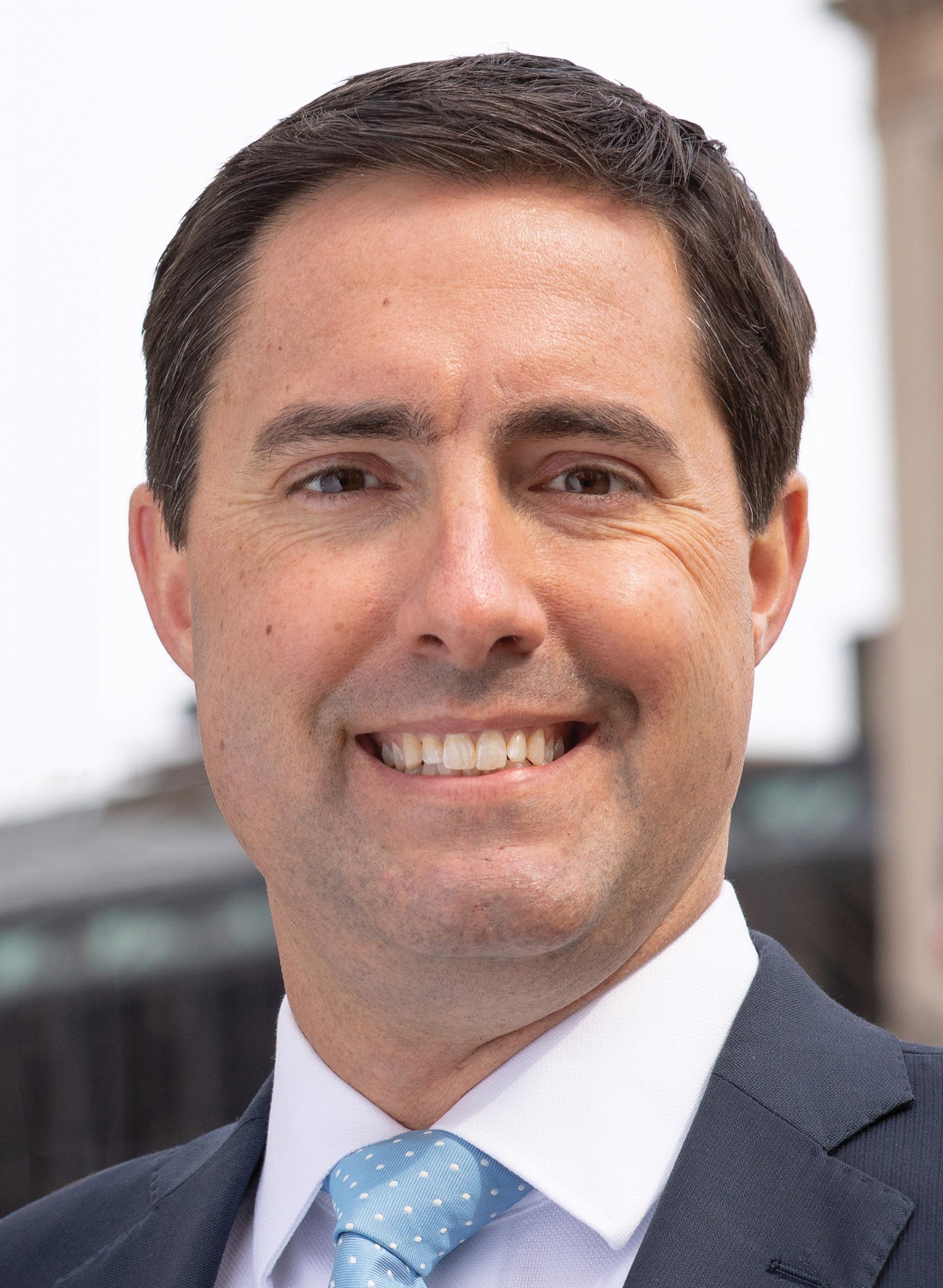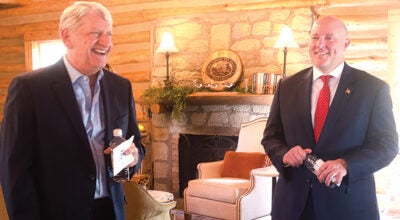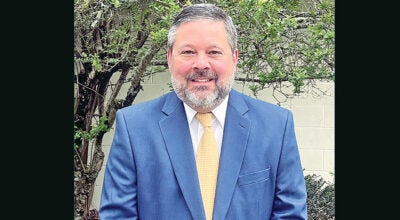GOP election officials walking fine line
Published 12:00 am Friday, May 5, 2023

- Frank LaRose
Must balance election investigations with claims of security, fairness
COLUMBUS (AP) — The Republican secretaries of state in Ohio, West Virginia and Missouri have promoted their states’ elections as fair and secure. Yet each also is navigating a fine line on how to address election fraud conspiracies as they gear up campaigns for U.S. Senate or governor in 2024.
The split-screen messaging of Ohio’s Frank LaRose, West Virginia’s Mac Warner and Missouri’s Jay Ashcroft shows just how deeply election lies have burrowed into the Republican Party, where more than half of voters believe Democrat Joe Biden was not legitimately elected president.
Even election officials who tout running clean elections at home are routinely pushing for more voting restrictions and additional scrutiny on the process as they prepare to face GOP primary voters next year.
All three withdrew their states last month from the Electronic Registration Information Center, a bipartisan, multistate effort to ensure accurate voter lists.
LaRose did so less than a month after calling the group “one of the best fraud-fighting tools that we have” and vowing to maintain Ohio’s membership. He defied backlash against the organization stoked by former President Donald Trump before relenting.
The three also have supported increased voter restrictions in their states — part of a national trend for Republicans that they say is intend to boost public confidence.
Those bills impose new voter ID requirements, shrink windows for processing ballots or ease the ability to consolidate voting precincts.
For Republicans aspiring to higher office, “it’s kind of hard to skip some of these things if you want to succeed” in GOP primaries, said Nancy Martorano Miller, an associate professor of political science at the University of Dayton.
That includes appearing responsive to Republican voters’ belief in Trump’s false claims of a stolen 2020 presidential election at the same time they promote the job they’re doing in their own states.
“You’re secretary of state, so it’s your job to run elections and make sure they’re fraud-fee,” Martorano Miller said. “You’re kind of stuck between, ‘I need to show I’m doing these things to battle fraud,’ but at the same time, ‘if I make it seem like there’s too much fraud, it looks like I’m not doing my job.’”
Warner and Ashcroft have announced campaigns for governor while LaRose is considering a U.S. Senate run.
When he unveiled legislation in February aimed at standardizing election data, LaRose said it was all about providing transparency so voters would “have confidence in knowing that when the election is over, that the true voice of the people was heard.”
A couple weeks later, he was sitting on an elections panel titled “They Stole It From Us Legally” at the annual Conservative Political Action Conference.
LaRose’s spokesperson said the panel was renamed at the last minute, but the secretary used the opportunity to promote the integrity of Ohio elections.
“Voter fraud is exceedingly rare in Ohio because we take election security very seriously, aggressively pursue those who commit it and refer the potential crime to the attorney general and county prosecutors,” Rob Nichols said.
Christopher McKnight Nichols, an Ohio State University professor of history, said it’s confusing for voters when secretaries of state claim elections they run are fair but then raise questions or hint at problems, without evidence, about elections elsewhere.
An earlier era of Republicans “absolutely would have been chagrined, embarrassed, and perhaps pushed out fellow Republicans who flip-flopped so radically, or promoted lies,” he said. “Their brand was the principled and consistent politician.”
In Ohio, LaRose spent years assuring the public that voter fraud represents a tiny fraction of Ohio’s cast ballots and that election tallies were nearly perfect.
Then during his reelection campaign last year, he said Trump “is right to say that voter fraud is a serious problem” and blamed the mainstream media for “trying to minimize voter fraud to suit their narrative.”
In October, he joined a national Republican trend by opening a unit to investigate election law violations in Ohio, among other duties.
He said that day that Ohio has a “strong national reputation for secure, accurate and accessible elections” — but added that anything short of “absolute confidence” in election integrity “weakens the very foundation of our democracy.”





